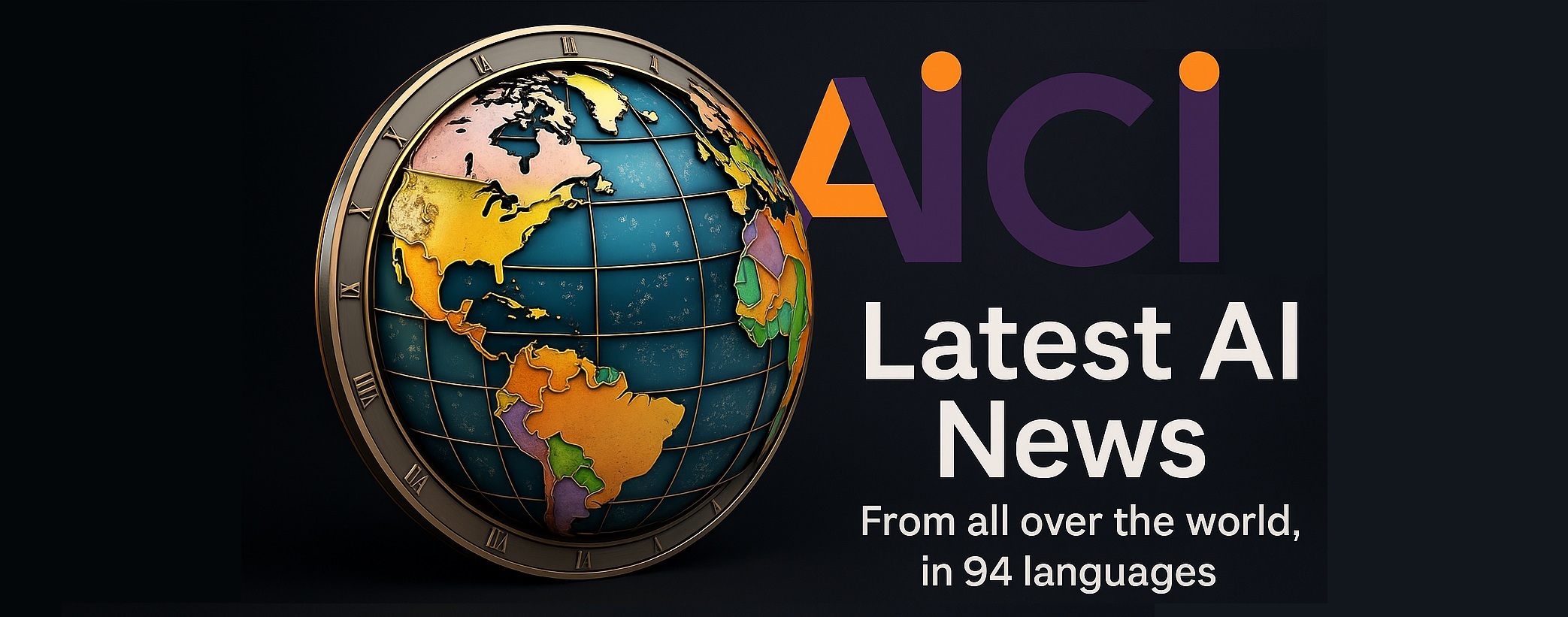July 22, 2025 - OpenAI and Google DeepMind have made history by participating in the International Mathematical Olympiad (IMO), solving complex problems through advanced reasoning capabilities. This marks the first time AI systems have engaged in such a prestigious academic competition, with both companies achieving notable results. The collaboration highlights AI's growing ability to tackle abstract mathematical challenges, potentially reshaping scientific research methodologies.
OpenAI's approach involved scaling test-time compute to allow parallel reasoning threads, enabling exploration of multiple solution paths. Google DeepMind's model operated entirely within natural language constraints, avoiding traditional formal proof methods. Both systems demonstrated the ability to handle intricate logic puzzles, with OpenAI's team noting the 'very expensive' computational resources required. Reuters reported DeepMind CEO Demis Hassabis stating, 'We respected the IMO Board’s request that all AI labs share their results only after official results… and the students had rightly received the acclamation they deserved.'
This development connects to broader trends in AI's role in scientific discovery, particularly in fields requiring complex reasoning. The IMO participation underscores the ethical debate around AI's role in academic and professional settings, balancing innovation with human-centric values. As AI systems gain proficiency in abstract problem-solving, industries like physics and engineering may see accelerated breakthroughs.
Our view: While this achievement showcases AI's potential for collaborative problem-solving, it also raises questions about the long-term impact on human expertise. Responsible AI development must prioritise augmenting – not replacing – human capabilities, ensuring ethical frameworks guide these advancements.

Be the first to comment!